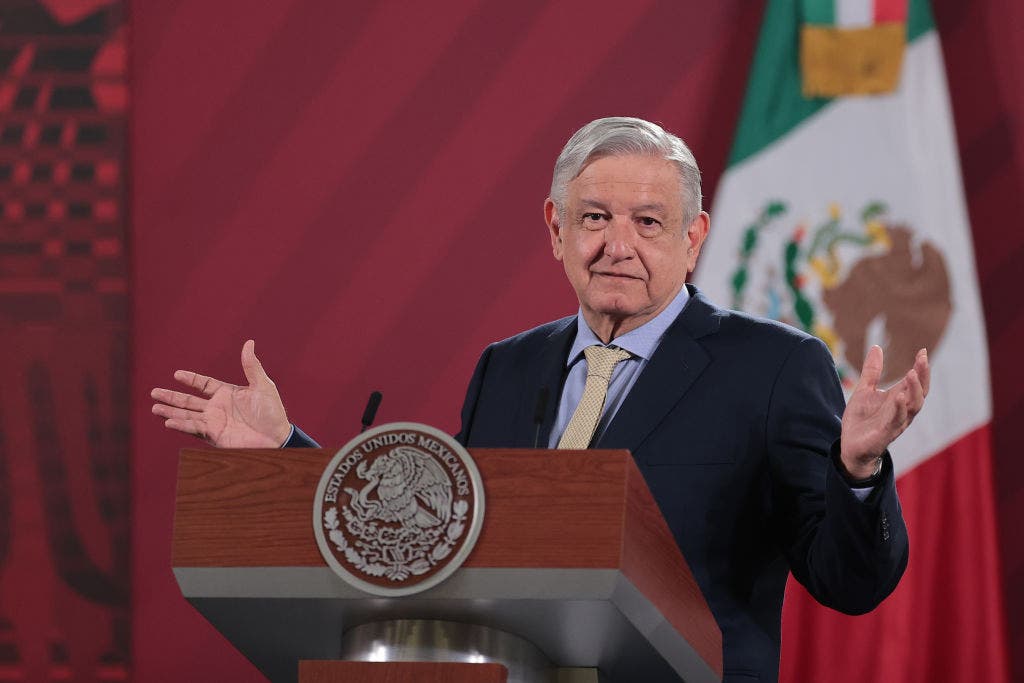Mexico’s President Andrés Manuel López Obrador sparked controversy when he referred to violent criminal gangs and drug cartels as “respectful people” who mostly just kill each other and respect the citizenry. This assertion is at odds with the reality faced by millions of Mexicans living in areas controlled by these criminal organizations. Cartels are known to demand protection payments from residents and resort to violence, including murder and kidnapping, if these demands are not met. While López Obrador attributes the criminal behavior of drug cartels to a lack of opportunities and offers job training programs to deter youths from joining their ranks, the staggering number of Mexicans displaced by cartel violence and the countless victims of extortion paint a starkly different picture.
The president’s refusal to directly confront cartels and his “Hugs, not bullets” strategy have drawn criticism from experts and human rights activists, who argue that drug cartels pose a significant threat to the safety and well-being of ordinary citizens. López Obrador’s assertion that cartel attacks primarily target other criminal groups rather than common citizens has been met with skepticism given the widespread reports of violence and extortion perpetrated by these organizations. The presence of clandestine grave sites filled with cartel victims serves as a grim reminder of the toll that cartel violence has taken on Mexican society.
In a recent statement, López Obrador declared that Mexico would not act as policemen for any foreign government, signaling a “Mexico First” policy that prioritizes national sovereignty over international pressure to combat drug cartels. The president has justified his approach of not engaging in armed conflicts with cartels by emphasizing the need to address the root causes of violence, such as poverty and lack of opportunities. Encouraging Catholic church leaders to mediate peace negotiations between rival gangs, López Obrador has sought alternative methods of resolving cartel conflicts while minimizing the use of force against gang members.
Critics have questioned the sincerity and effectiveness of López Obrador’s strategies, particularly in light of his casual remarks about drug gang activities and his dismissive attitude towards the gravity of the situation. The president’s visits to Badiraguato in Sinaloa, the hometown of infamous drug lord Joaquín “El Chapo” Guzmán, have raised eyebrows, as well as his reluctance to cooperate closely with U.S. agents and law enforcement in combating drug cartels. While López Obrador’s nationalist stance and aversion to foreign intervention may resonate with some segments of the population, the ongoing threat posed by drug cartels remains a pressing issue that demands a more robust and comprehensive response from the Mexican government.
As Mexico grapples with the complex challenges posed by organized crime and drug cartels, the need for a cohesive and effective strategy to protect the safety and security of its citizens becomes increasingly urgent. López Obrador’s controversial views on cartel violence have sparked debate and criticism both domestically and internationally, highlighting the divergent perspectives on how best to address this pervasive issue. Moving forward, it remains to be seen whether the president’s approach of prioritizing negotiation and social programs over direct confrontation with cartels will yield tangible results in curbing drug-related violence and restoring peace to affected communities.















